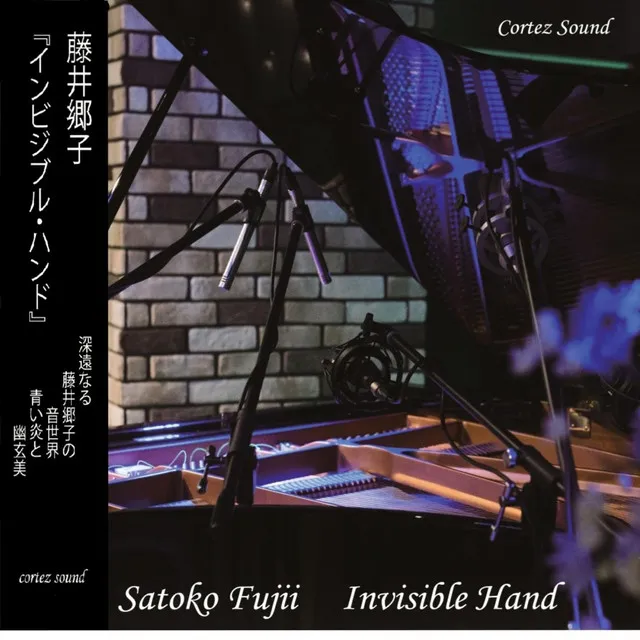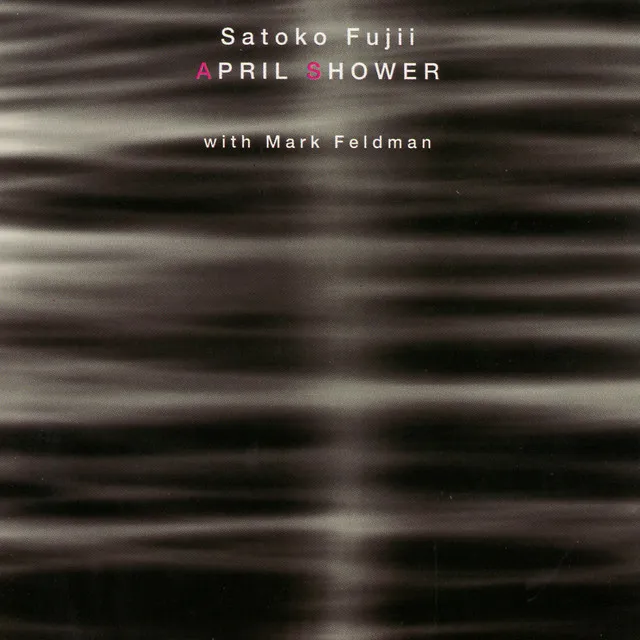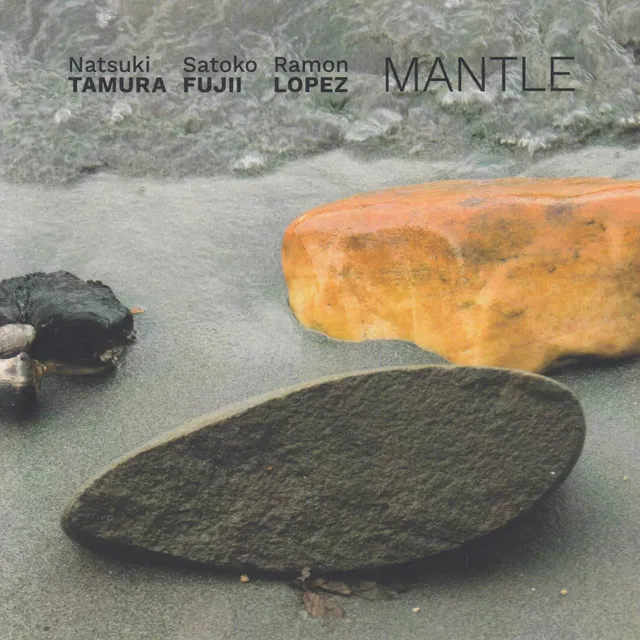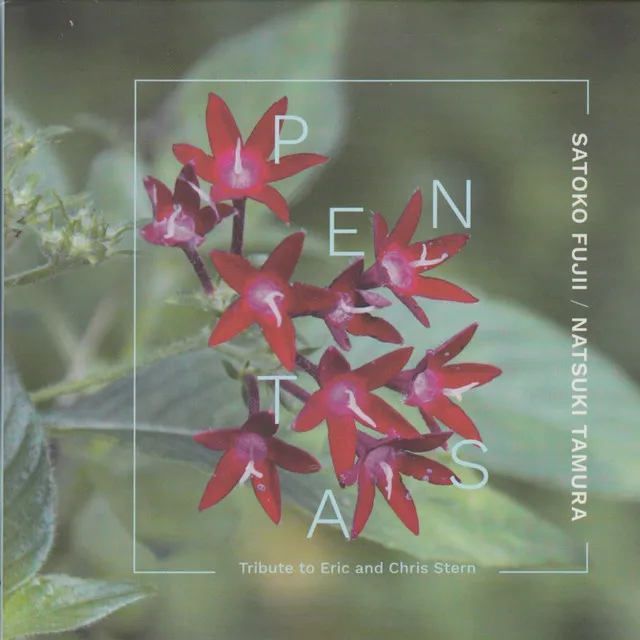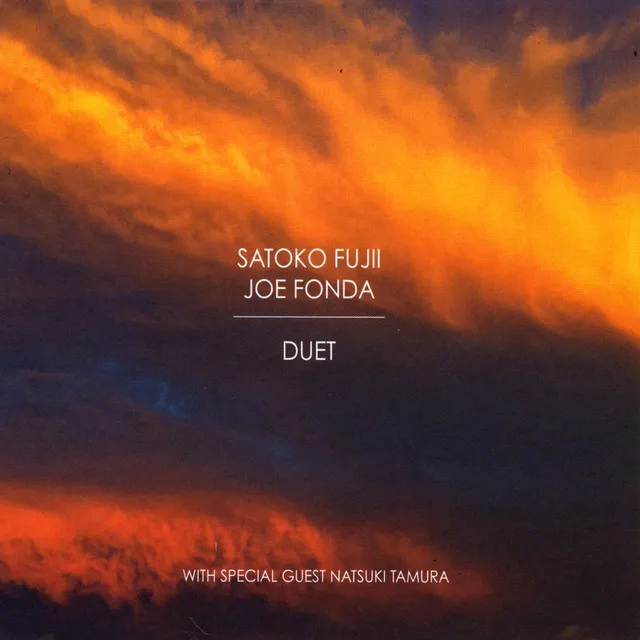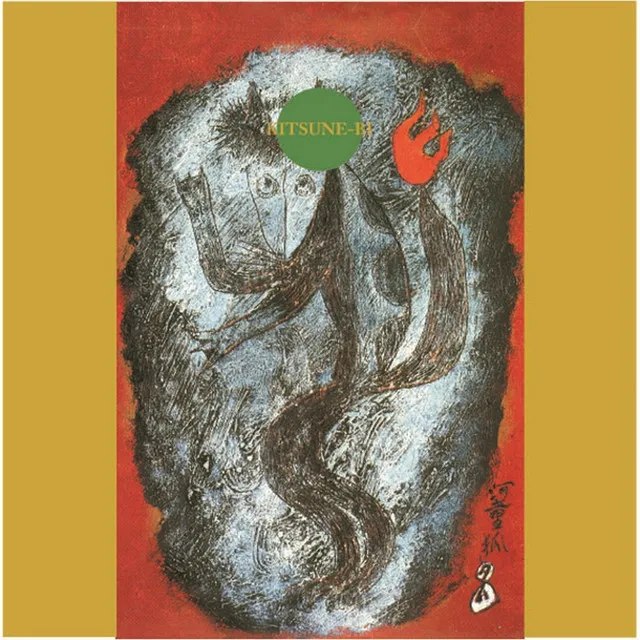Japanese-born pianist Satoko Fujii was one of the more exciting new voices to emerge in avant-garde jazz during the '90s, capable of dissonant, post-Cecil Taylor free improvisation, lovely solo piano ruminations influenced by Japanese folk and classical music, and advanced big band charts given to fiery collective improvisation. Fujii began playing piano at age four, studying classical music for the next 16 years; however, when she discovered that her natural flair for improvisation had nearly been trained out of her, she took a year off from playing piano and subsequently studied jazz with Koji Taku and Fumio Itabashi. In 1985, she won a scholarship to the Berklee School of Music, graduating in two years; she then played many of Japan's major jazz clubs while supporting herself as a session musician and teacher. Fujii returned to the U.S. in 1993 to study at the New England Conservatory of Music, where her teachers included George Russell, Cecil McBee, and Paul Bley. In 1995, Fujii recorded her first American album with Bley, titled Something About Water. The follow-up, Indication, was entirely solo, at times recalling Keith Jarrett; both were critically acclaimed. In 1997, Fujii recorded an album of duets with her trumpeter husband, Natsuki Tamura, titled How Many?; in 1998, she debuted her 15-piece orchestra on the Leo album South Wind, which again received glowing reviews, and also recorded the trio album Looking Out the Window. 1999 produced the lovely, intimate Kitsune-Bi and the avant-garde Past Life, the latter recorded with her Japanese sextet. Fujii kept growing more prolific, recording three albums in 2000 (Jo, with her 15-piece; the two-disc Double Take, with both of her large ensembles; and the trio outing Toward, "To West") and three more in 2001 (April Shower, a duo with violinist Mark Feldman; Junction, with her trio; and Vulcan, with a rock-tinged Japanese quartet). ~ Steve Huey, Rovi
